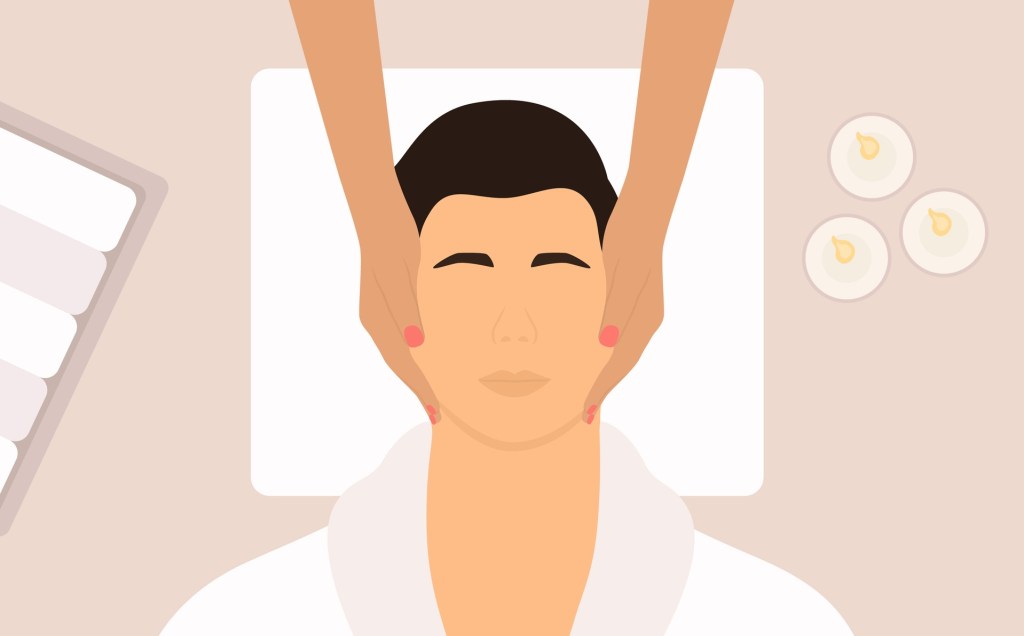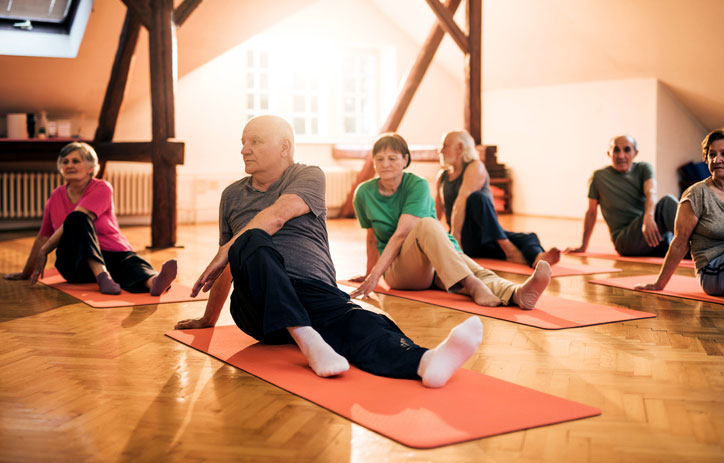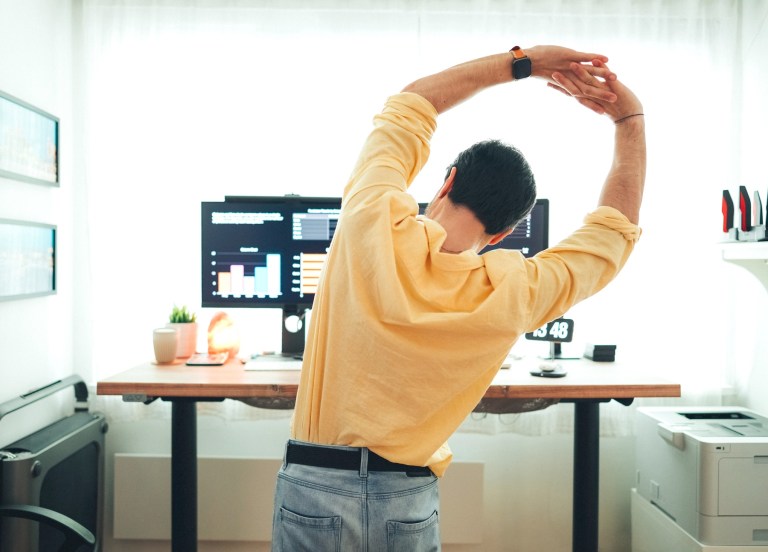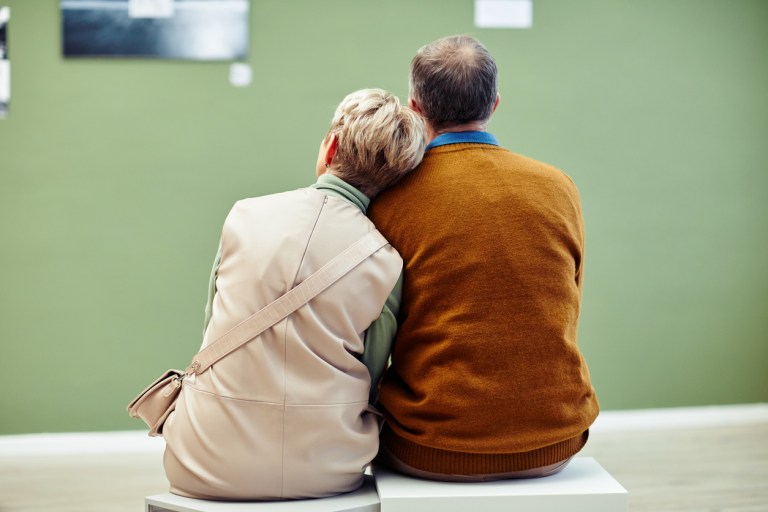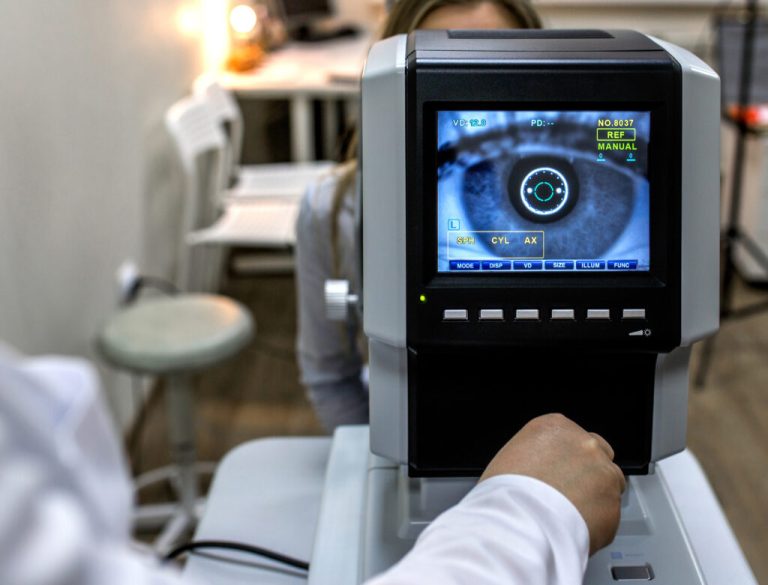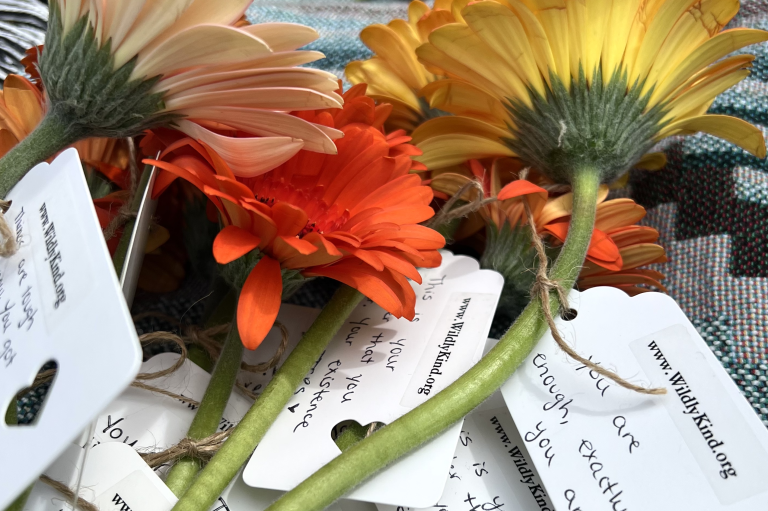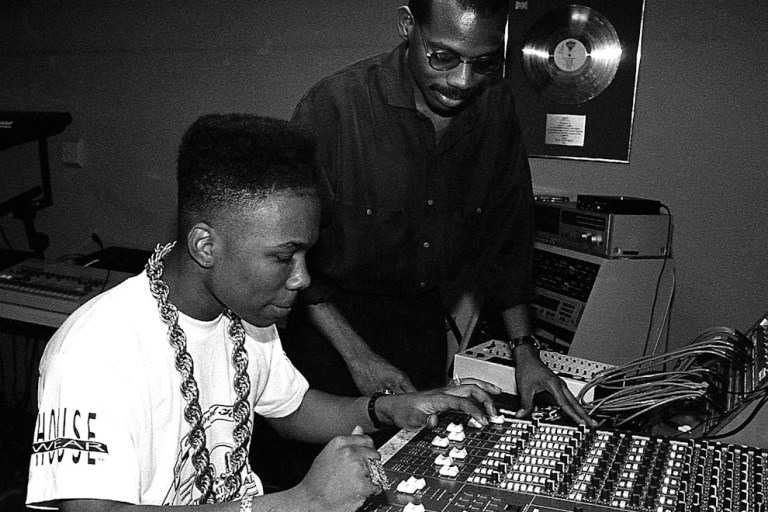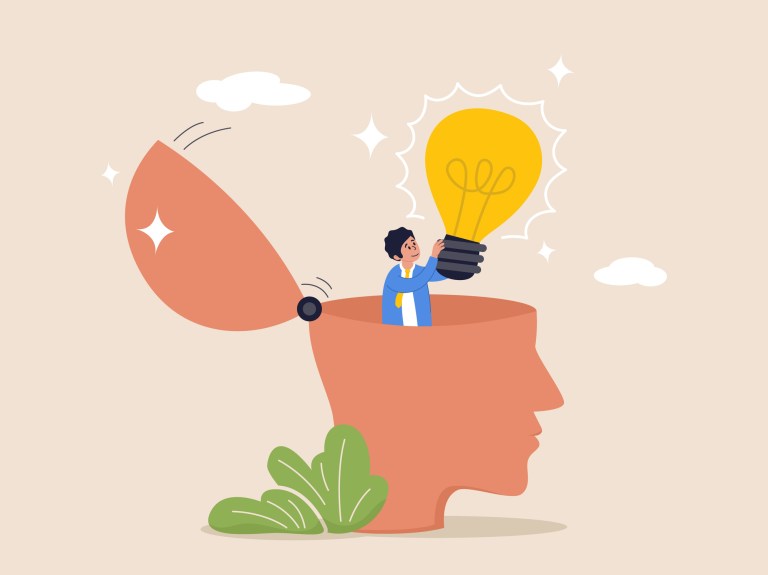Some self-care practices feel like luxurious indulgences, but regularly taking time to engage in them should be one of your top priorities. By incorporating self-care rhythms into your life, you can positively impact your overall physical health and well-being of your mind and body.
“Self-care is not selfish,” Paula Gill Lopez, an associate professor in the department of psychological and educational consultation at Fairfield University in Connecticut, told Nice News. “That’s a hurdle that people have to get over, no matter what you do, no matter what walk of life.”
It’s important to remember that self-care is not one-size-fits-all. Some people might feel best being pampered in a spa setting; others might prefer a workout class, dinner with a friend, or a walk in the forest. ”You can’t tell somebody what self-care is for them,” said Gill-Lopez, who recommends “focus[ing] on the things that bring you joy,” and making sure to check in with yourself to see what you might need in that moment.
RELATED: How Incorporating “Little Luxuries” Into Your Life Can Boost Your Mental Health
Studies show that practicing self-care releases certain neurotransmitters in the brain, including the “feel-good hormones” dopamine, serotonin, oxytocin, and endorphins. They are what make you feel good when you’ve taken some time for self-care. “Some [self-care] practices are temporary, so [for example] a yoga class or a run releases those neurotransmitters in the brain and then they subside.” But, says Gill Lopez, you can “supercharge” any of these practices if you do them with intention and focus. All of the benefits become more enduring if you “add the mindfulness component.”
Do this by paying attention to sensory anchors — sights, sounds, smells — and by focusing on absorbing and savoring the positives; those may be the color of the sky and sounds of the birds during a run, the soothing aromas during a facial, or the feeling of a muscle knot releasing during a massage.
“[Self-care] is something that you have to commit to,” says Gill-Lopez, just make sure to “supercharge” your practice for maximum benefits.
Massages
There is much more to massage than its “day-spa” reputation. It’s not solely a way of relaxing the body, but can also be used as a tool to improve health, relieve pain, and improve mental health.
Research shows that massages contribute to better blood and lymph circulation, a decrease in pain, soreness, and stiffness, and even a stronger immune system. Massage also lowers stress and feelings of anger and depression, and helps release those very important “happy hormones.”
Facials
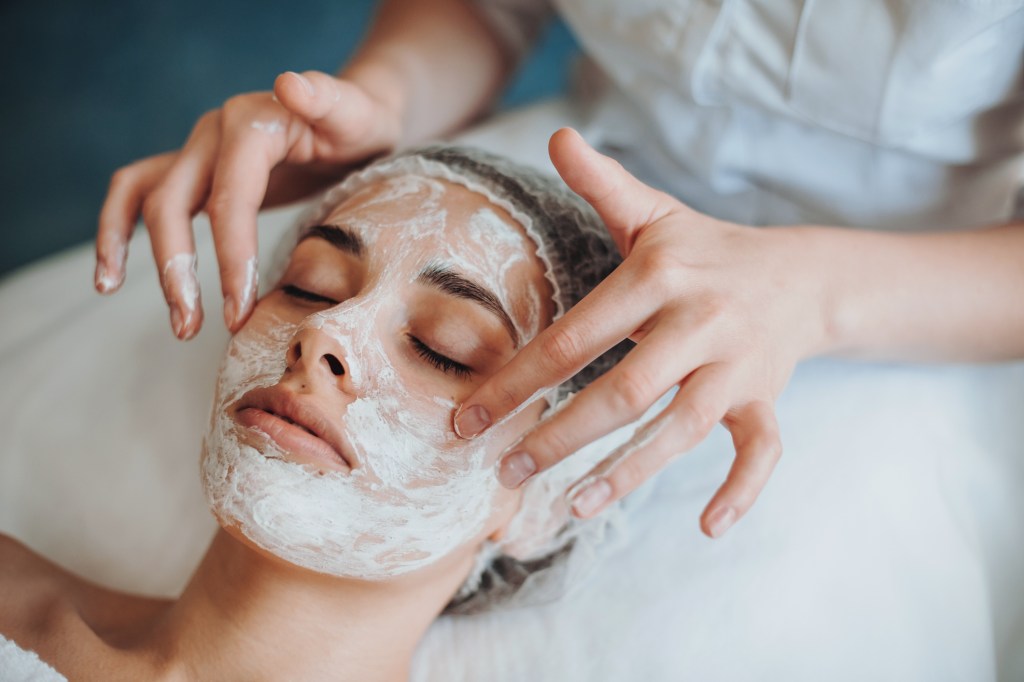
Facials are often considered a treat, as they do wonders at making you feel relaxed and rejuvenated. They also help improve your skin’s tone, texture, and appearance, treat acne and rosacea, and can give a boost to your self-confidence. But the benefits aren’t only skin deep. They can also contribute to your overall wellness by relaxing your facial muscles, slowing your breathing, and calming your mind.
Our skin is our body’s largest organ, and getting a facial can also be a part of balancing your overall health, helping to boost circulation, decrease sinus pressure, and relieve headaches and jaw and face pain. In an interview with Cosmopolitan, dermatologist Aanand Geria said that “incorporating lymphatic drainage techniques into your massage or facial treatments can be a beneficial way to support your body’s natural healing abilities.”
Additionally, facials generally incorporate aromatherapy, which has been shown to improve mood and encourage relaxation, and used as a complementary therapy for certain medical conditions.
Manicures and Pedicures
An appointment at the nail salon may sound like an activity meant to pamper, but it’s much more than just beautifying your hands and feet. Manicures and pedicures can be important self-care practices that help improve hand and foot health, foot discomfort and pain, and overall wellness. Plus, they’re a relaxing way to take some time out from life’s stresses.
A foot massage during a pedicure helps stimulate circulation to help deliver the oxygen and nutrients that keep your feet healthy, and also encourages blood flow throughout your body. This is especially important for diabetics as foot massages may help prevent serious foot ulcers and provide pain relief for those with neuropathy.
Pedicures are also a good way to relieve tired, heavy feet and prevent calluses. Nail professionals are trained to cut nails in the best way to prevent painful ingrown nails. Even the American Podiatric Medical Association recommends regular pedicures to keep your feet feeling good and “ensure proper foot health.”
Haircuts
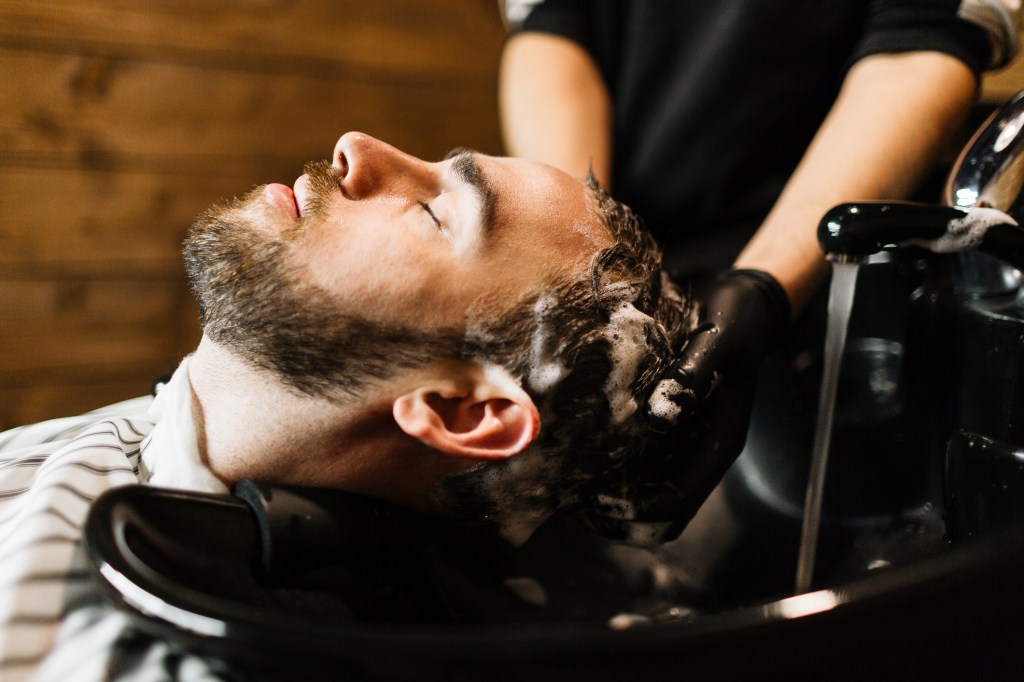
Getting a haircut allows you to step away from the busyness of life for a short while, relax, and let a stylist take the reins on your locks. Many people consider their stylists as friends and counselors on occasion, and a visit to the salon is therapeutic for some. The Confess Project of America is even training some barbers across the U.S. to act as mental health intermediaries.
While hairdressers cannot diagnose any specific health conditions, they may be able to warn you that some hair loss and brittleness might be worth a trip to the doctor. “The health of the hair is often associated with the health of the body,” dermatologist David Pariser told The Nation’s Health.
Furthermore, treating ourselves to a haircut can boost our confidence and our self-esteem. “You can consider it a form of self-care,” therapist Christy Beck told Quartz. “You’re doing something for yourself to make yourself feel better.”
Workout Classes
Working out is indeed a self-care activity that boosts those aforementioned happy hormones. Sure, regular exercise makes you feel stronger and more energetic, but it can also decrease stress, boost your self-esteem, improve your memory and sleep habits, and lift your mood.
Not only does taking workout classes improve your mental and physical health, it’s also a good way to build strong community connections with like-minded people.
Here is some extra motivation to try some new classes and change it up sometimes: Experiencing new things is good for you. When you engage in a new activity, your brain is likely to release dopamine, which will have mood-boosting effects, per Psychology Today.
Practice “Self-Care in the Background”
When you’re very busy or waiting for an upcoming appointment or class, Gill-Lopez recommends practicing “self-care in the background” — the practice of quietly surrounding yourself with things that bring you joy like friends, flowers, and good music.
“I have a self-care habit [that I practice] as soon as I get into my office. I turn on my diffuser with one of my favorite scents and I turn on my classic jazz, and I can palpably feel my whole body relax.” Looking to incorporate it into your routine?, “It doesn’t take time or money,” Gill-Lopez said, adding: “I don’t always have time for big self-care like [a trip to] Hawaii, but that doesn’t mean I can’t take care of myself in other ways.”
